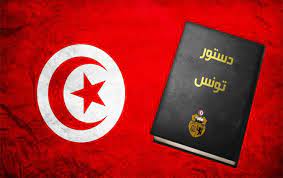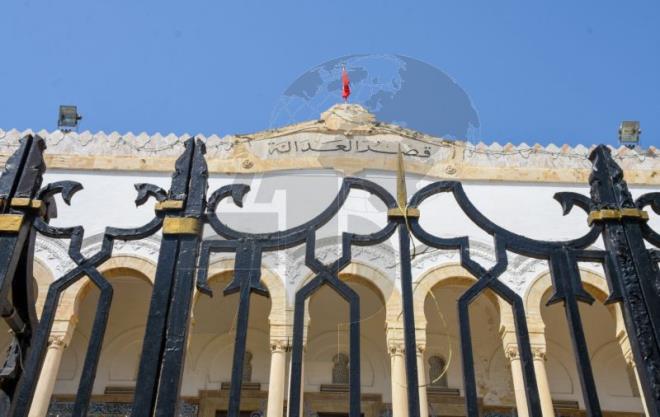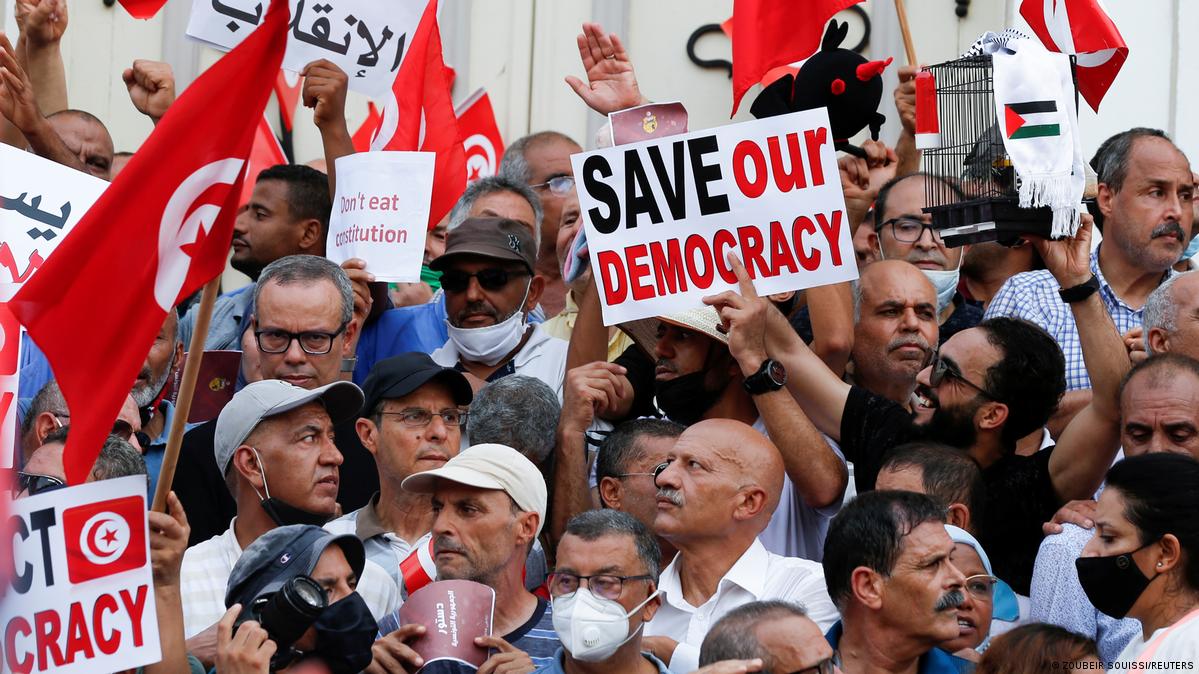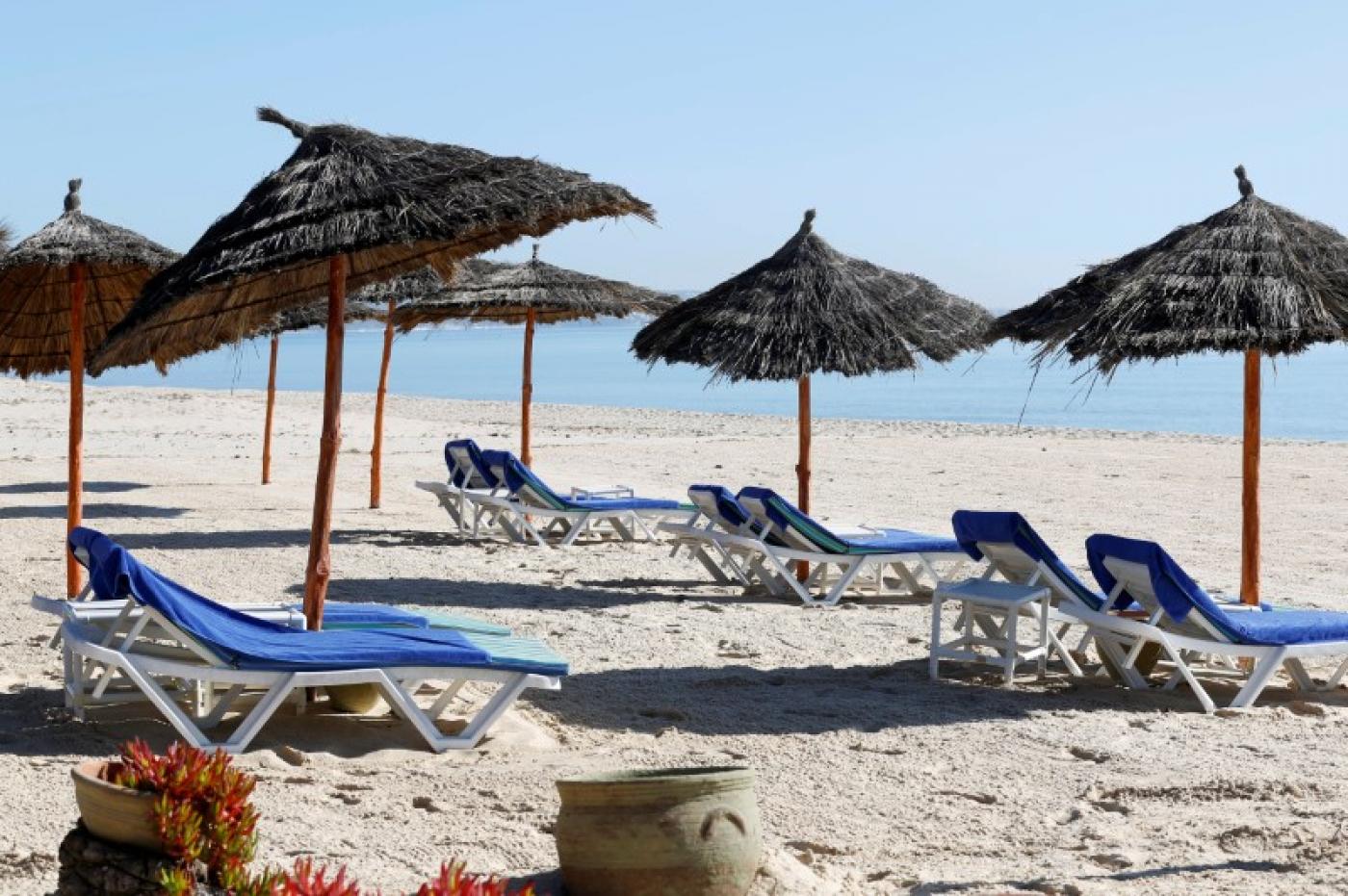Tunisia on Thursday published in the Official Gazette the draft constitution, scheduled to be submitted to a referendum on July 25.
The 139-article draft was completed behind closed doors in less than a month, suggesting a substantial change in the country’s political system, which would now grant greater powers to the executive.
Under the draft constitution, the government will not be presented to parliament for a vote of confidence, and the president is the supreme commander of the armed forces, defines the general policy of the state and approves laws, and may also submit legislation to parliament, which must examine it “as a matter of priority.”
The text also provides for the establishment of a second chamber, the “National Assembly of Regions.”
The draft constitution guarantees “individual and public rights and freedoms” and states that men and women are “equal in rights and duties.” It also states that the right to “peaceful assembly and demonstration is guaranteed.
However, critics argue that the text grants vast powers to the Head of State, marking a radical break with the parliamentary system in place.
In this connection, a group of international lawyers strongly criticized the process of this reform, which crystallizes fears of the entrenchment of an autocratic regime.
Illegal, illegitimate, and lacking in transparency. This is the verdict of the International Commission of Jurists (ICJ), an international organization campaigning for the rule of law and made up of dozens of judges and lawyers, on the constitutional reform process launched by the Tunisian authorities. In a document published earlier this week, the Geneva-based NGO calls on the Tunisian government to withdraw this draft Constitution, which would anchor the country in a presidential regime.
“This constitutional reform aims to codify the authoritarianism that has existed for a year already,” says Saïd Benerbia, director of the ICJ’s North Africa and Middle East program, referring to Kaïs Saïed’s suspension of constitutional order on July 25, 2021. “The executive, legislative and judicial powers are not recognized as separate powers, but as simple functions”, he continues.
The separation of these three powers, theorized in the 18th century to counter royal absolutism, is a cardinal principle of modern democracies. Kaïs Saïed suspended the legislative power by sending soldiers to block the Parliament on July 25th. The post of prime minister was subsequently gutted, concentrating executive power in the hands of the president. As for the judiciary, it has suffered several blows, from the dissolution of the Superior Council of the Judiciary to the recent dismissal of 57 judges by simple presidential decree.
The Tunisian president justified each of his decisions by the desire to return power to the people, to fight corruption and political incompetence.
For the supporters of Kaïs Saïed, the holding of a constitutional referendum on July 25, 2022, followed by elections at the end of the year, are proof that Tunisia is still a democracy.



